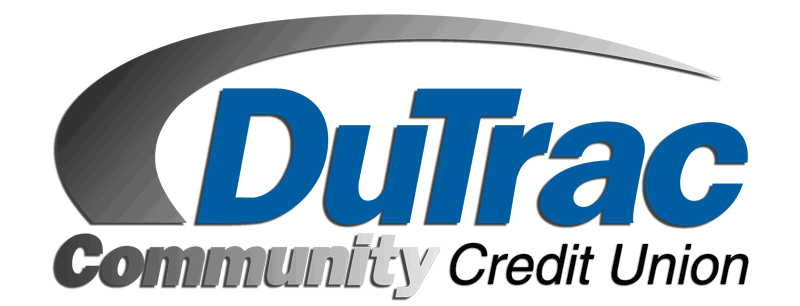Employees across all generations are experiencing financial hardship. From the Baby Boomers approaching retirement after a decade of weak stock and real estate markets to the Millennials facing poor job prospects and rising student loan payments. However, according to a recent generational research report, the smaller – and often forgotten – Generation X is the generation with the largest struggle on their hands.
While most Millennials were too young to own stocks or real estate during recent market crashes, and Baby Boomers had the opportunity to enjoy decades of growth in the 80’s and 90’s, many Generation Xers started investing just as both the real estate and investment markets were at their peak. This leaves many Gen Xers struggling with tough economic times during a particularly vulnerable stage in their finances.
A recent census reported a 59% decline in median household net worth between 2005 and 2010 for people between the ages of 35 and 44. A household in this age range is now 44% poorer than their counterparts of the same age in 1984 according to a Pew Research Center study.
This large drop in net worth comes when most Gen Xers own a home and have minor children, adding to the financial stress. In contrast, the younger Millennials have fewer financial responsibilities and may still be able to rely on their parents for financial assistance, while Baby Boomers are often empty-nesters who have built up emergency savings and other assets.
However, Gen Xers can take steps to improve their financial situation:
Take the necessary steps to protect your family. Ensure you have adequate life insurance and basic estate planning documents (a will, advance health care directives, durable power of attorney, a living trust, etc.) DuTrac’s partnerships with DuTrac Financial Group and First Community Trust gives members access to personalized retirement and insurance services, along with the ability to obtain trust and managed investment services.
Create a budget. Generation X tends to live beyond their means. The first step to resolving your budget woes is to look at your current expenses (look at previous bank and credit card statements) and categorize them on a worksheet. Be sure to include the annual expenses (such as vacations or holidays) by dividing their annual amounts by 12. Try to reduce those expenses until your spending is less than or equal to your net income.
Manage your cash flow. Creating a budget is easy – sticking to that budget is the real challenge. Track your spending online and set up alerts to keep your spending in line. With DuTrac’s Advance, you can have a complete review of your financial picture, along with a personal, online financial management (PFM) tool to assist you in budgeting, evaluating spending habits, tracking goals, and building wealth. In addition to online management, you could also use cash allowances each week or month. How you spend your allowance is up to you, but when the cash is gone, it is gone until the next scheduled allowance payout.
Pay off high interest debt. The amount of non-mortgage debt held by most Gen Xers is of concern to many. Make additional payments to the debt with the highest interest rate to increase your overall savings. As one balance is paid off, re-allocate those payments to the debt with the next-highest rate and continue until all high-interest debt is paid. Homeowners might consider refinancing their current mortgage or obtaining a Home Equity Plus Line of Credit to help consolidate debt.
Know how much you should save for retirement. Not saving enough for retirement is the top weakness of Generation X. However, you still have time to make a significant impact in your retirement savings if you start now and make smart decisions. Use a retirement calculator to estimate how much you should be saving or speak to a professional to discuss your best options.
- Consider contributing to a Roth IRA. A Roth IRA can be a vehicle for retirement savings, but also a source of emergency savings. (Click here to learn more about IRAs from DuTrac)
- Increase contributions to your employer’s retirement plan. In addition to saving on your own with a Roth IRA, your employers retirement plan is a great way to save for your future. Try to maximize your savings by contributing at least as much as your plan will match, if available (after all, the match is essentially free money). Increase your contribution each year, if possible – even a small percentage can make a large difference over time.
- Consider using a target date retirement fund. Designed to simplify the retirement investment process, these funds start relatively aggressively and automatically become more conservative as you near retirement. It is important to remember that long periods of low stock market returns are often followed by periods of strong returns, so matching your investment strategy with your current life stage is critical.
